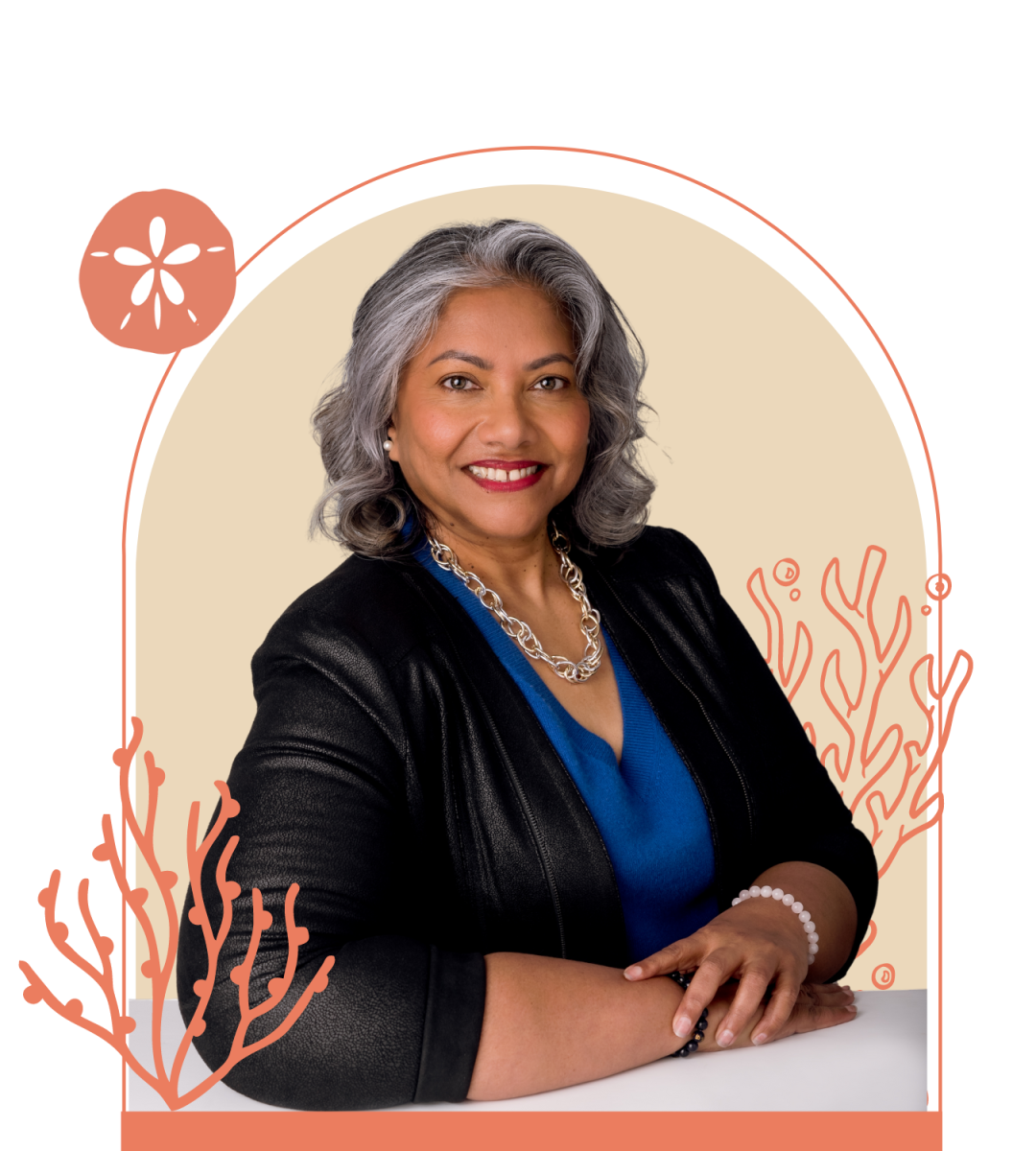Why do I only work with women?
With the exception of a few men who work with me as part of a heterosexual couple, yes, it’s true, I only work with women, (and anyone identifying as female or non-binary.)
I work with only women because money is different for us. We experience money differently based on our experiences and interactions with others and the world.
Our emotions, our traumas, our romantic and parental relationships, the way women are treated in our society, our workplaces and in our homes, and the way we receive and accept medical attention, all affect our relationship with money. The result of this may lead us to feel unsure, unworthy, and lost around money. Or it may lead us to have false sense of confidence regarding our financial affairs.
*The preceding list is by no means exhaustive but for the purpose of this article, I’m keeping it succinct.
In my line of work, the following are the main reasons why I see women struggle with money:
- Impostor syndrome
- The mother wound
- Gender and the racial pay gap
- Intimate partner violence
- Financial abuse
These topics are heavy and loaded to read all at once. Even as the writer of this article, the process of researching and writing about all these reasons is too much for me at one time. So, I commit to covering these topics over a few months. This should give us time to take it in and seek the help that is needed.
In this article, I will cover the Mother Wound
The mother wound is the pain, wounding, and trauma that’s carried by a mother and inherited by her children, with daughters facing the brunt of this wound.
Many women weren’t given the opportunity to address their own traumas in their lives and that plays a significant role in how they show up as mothers.
Our mothers are often the most significant individuals in our lives growing up. We depend on them during our formative years, and it is quite common to internalize many of their beliefs and take on the unhealthy coping mechanisms that they would use as trauma response.
The mother wound can show up as overspending, underspending, overcompensating, over-giving, feeling fearful around money, feeling like money is supposed to be hard and stressful, hating people who are wealthy, scarcity mindset, refusing to save, or being attracted to toxic intimate partners. These are just some examples of how a mother wound could show up.
Here is a real example:
My client who I will call Jane, hired me to help her get her get finances in order. She had credit card debt and felt that the problem was her lack of budgeting skills.
During our six months of working together we realized the following:
- She overspent on things for herself such as spa days, brand-name clothing, expensive personal care products, and travel. She also overspent on her daughter, signing her up for activities which she quickly lost interest for and dropped out. On the surface, one can say that Jane was overindulgent and spoilt and just needed to rein it in.
- But Jane wanted nothing more than to get this need to buy these things out of her system. Over and over, she would ask me “what is wrong with me?”
- She would try so hard to stop, but stopping the overindulgence, in her words, felt like climbing up a mountain, with a huge boulder on her back, while having a broken leg.
- The stress of this was not only costing her the high interests on her debt and her lack of future savings, but it was now affecting her health and her marriage.
- It’s not a coincidence that my six-month program is called The Deep Dive. Jane and I took a deep dive into her childhood to see if we can find the root cause of her overindulgent shopping behavior. We landed on the mother wound.
- Jane’s mother who she loved dearly, was a coupon-clipping woman who saved every penny. She was very frugal and denied Jane anything outside of the bare necessities. Even when things got better financially, Jane’s mother continued to deny her daughter anything that was not desperately needed. Jane remembered having to wear clothes until they started to fall apart, causing her to be bullied at school. Jane resented her mother for this.
- As a result of our work together, Jane was able to start the work needed to forgive her mother. She recognized that her mother’s beliefs around money were learned from her own mother (Jane’s grandmother) as well as growing during World War Two. Jane also recognized that she too would have passed on mother wounds to her own, now-adult daughter.
- When shopping and overindulging and spending money that she didn’t have, Jane felt she was pampering herself because she deserved it, and while that is true, there was more. She was also internally battling with her mother, saying “look at me, I’m an adult now and I can treat myself if I want to”. But the reality was that Jane was only hurting herself, her finances and her future.
- We came up with a plan for Jane to get the help she needed so she can work on the relationship with her mother (and her daughter).
- With the root cause of her overspending and debt uncovered, we tackled the numbers and cents part of our work together, which included:
- Creating a budget that fit Jane’s lifestyle. The budget was aligned with her goals, values, and dreams and she said to me that she actually enjoyed working with her budget.
- We came up with a plan for her to pay down her debt without damaging her credit.
- We created a saving plan for her and she is now saving for her future self.
- We created a system for her to manage her money with ease.
So yes, I only work with women because I have a unique skill-set that I can use to help them with their unique situations. And as in the case of the mother wound, I also had to address and heal my own wound which I inherited from my mother. I did the work and learned how to forgive her and my healing started as a result of it.
If you have any questions about the mother wound or would like to know more about my work, please reach out to my private and confidential email: [email protected]




